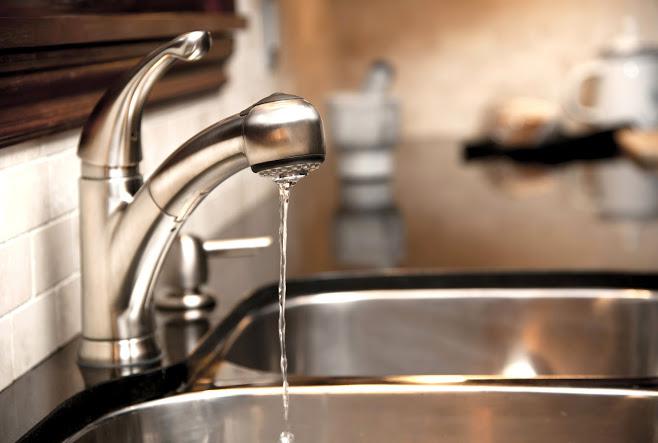
What Causes Low Water Pressure in the Kitchen Sink
Are you frustrated by the low water pressure in your kitchen sink? It’s a common issue that many homeowners face, and it can be quite a nuisance. In this comprehensive guide, we will explore the various reasons behind low water pressure in the kitchen sink and provide you with practical solutions to address this problem. So, let’s dive right in and uncover what causes low water pressure in the kitchen sink.
Understanding Low Water Pressure
Before we delve into the causes and solutions, let’s get a clear understanding of what low water pressure in the kitchen sink actually means. Water pressure refers to the reduced force with which water flows from your faucet. It can manifest as a slow trickle of water, making tasks like washing dishes and filling pots a time-consuming ordeal.
Common Causes of Low Water Pressure
1. Clogged Faucet Aerators
Faucet aerators are designed to mix air with water to reduce water consumption. Over time, mineral deposits can build up in these aerators, leading to sink water pressure low. Cleaning or replacing the aerator can often resolve this issue.
2. Pipe Corrosion
Corroded or deteriorating pipes can restrict water flow. If you have older plumbing, it’s possible that rust or debris is causing the low water pressure in kitchen sink. Replacing the affected pipes may be necessary.
See Also: How to Get Rid of Small Ants Around Kitchen Sink
3. Water Leaks
Undetected leaks in your plumbing system can result in water pressure low in kitchen sink. Be vigilant for any signs of water damage or unusual water bills, as these may indicate a hidden leak that needs fixing.
4. Water Supply Issues
Sometimes, the problem lies beyond your control. Municipal water supply issues, such as high demand or maintenance work, can lead to temporary low water pressure in kitchen sink only. Contact your local water provider for updates on such situations.
5. Faulty Pressure Regulator
A malfunctioning pressure regulator can disrupt the balance of water pressure in your home. An experienced plumber can assess and replace the regulator if needed.
6. Blockages in the Water Line
Obstructions like tree roots or debris can obstruct your water supply line, causing low water pressure sink. Professional inspection and cleaning of the water line may be necessary.
7. Hot Water Heater Problems
If you only experience low water pressure in the kitchen sink with hot water, your hot water heater might be the culprit. Sediment buildup in the tank can affect water flow. Flushing the tank can often improve pressure.
FAQs
Q: Can low water pressure in the kitchen sink affect other faucets in the house?
A: Yes, it can. If the issue originates from a common water supply or pressure regulator, it may impact multiple faucets.
Q: Is it possible to fix low water pressure in the kitchen sink by myself?
A: Some issues, like cleaning faucet aerators, can be DIY projects. However, for more complex problems, it’s advisable to consult a professional plumber.
Q: How can I prevent low water pressure issues in the future?
A: Regular maintenance of your plumbing system, including cleaning aerators and checking for leaks, can help prevent recurring low water pressure problems.
Q: Is low water pressure a sign of a more serious plumbing problem?
A: It can be. Low water pressure can indicate underlying issues like leaks or pipe corrosion, which should be addressed promptly to avoid further damage.
Q: Are there any quick fixes for temporary low water pressure?
A: In cases of temporary low pressure due to municipal supply issues, you can fill a container and use it as needed until the pressure returns to normal.
Q: What should I do if I suspect a water leak in my home?
A: If you suspect a leak, turn off all faucets and appliances using water, then check your water meter. If it’s still running, you likely have a leak and should contact a plumber.
Conclusion
Low water pressure in the kitchen sink can be a frustrating problem, but it’s one that can be resolved. By identifying the underlying causes and taking appropriate action, you can enjoy a strong and steady flow of water in your kitchen once again. Remember to consult a professional plumber when necessary to ensure a thorough and effective solution.
So, don’t let sink water pressure low dampen your kitchen experience. Take the necessary steps to address the issue and enjoy the convenience of a fully functional kitchen sink.